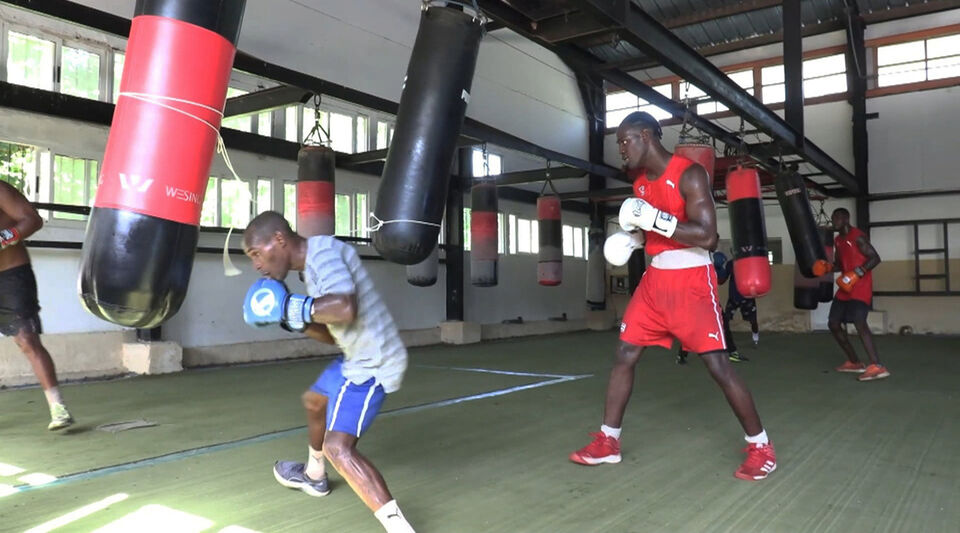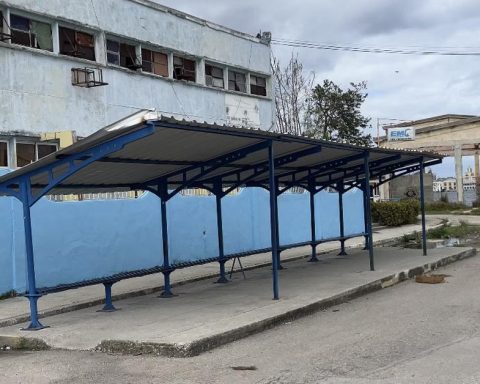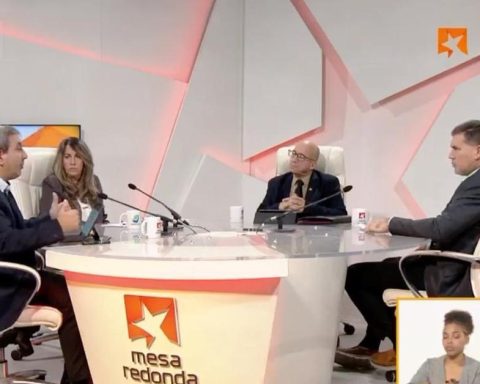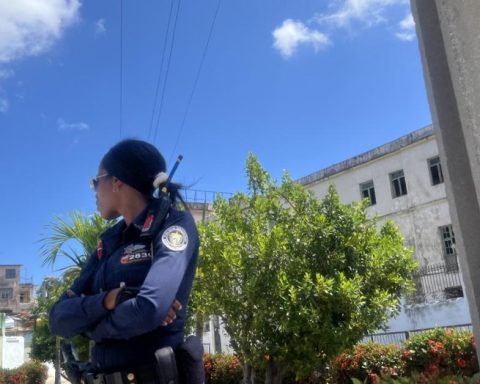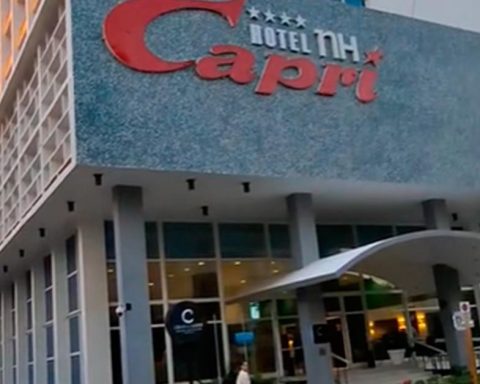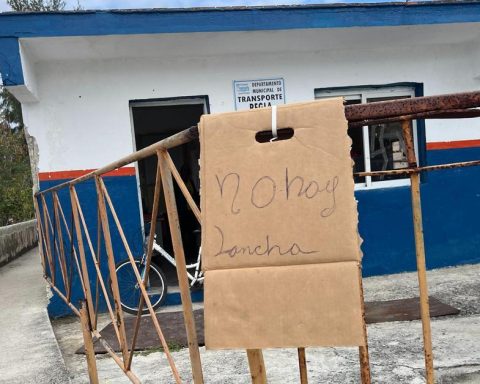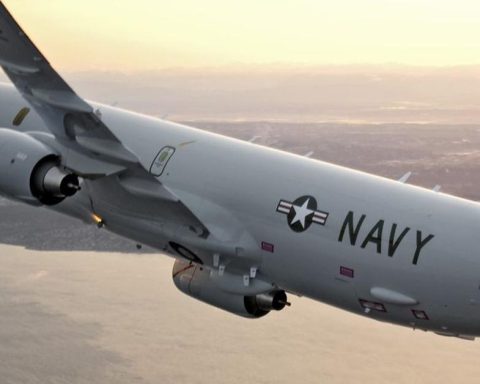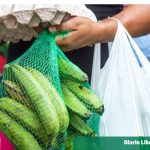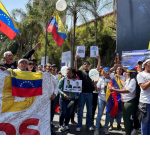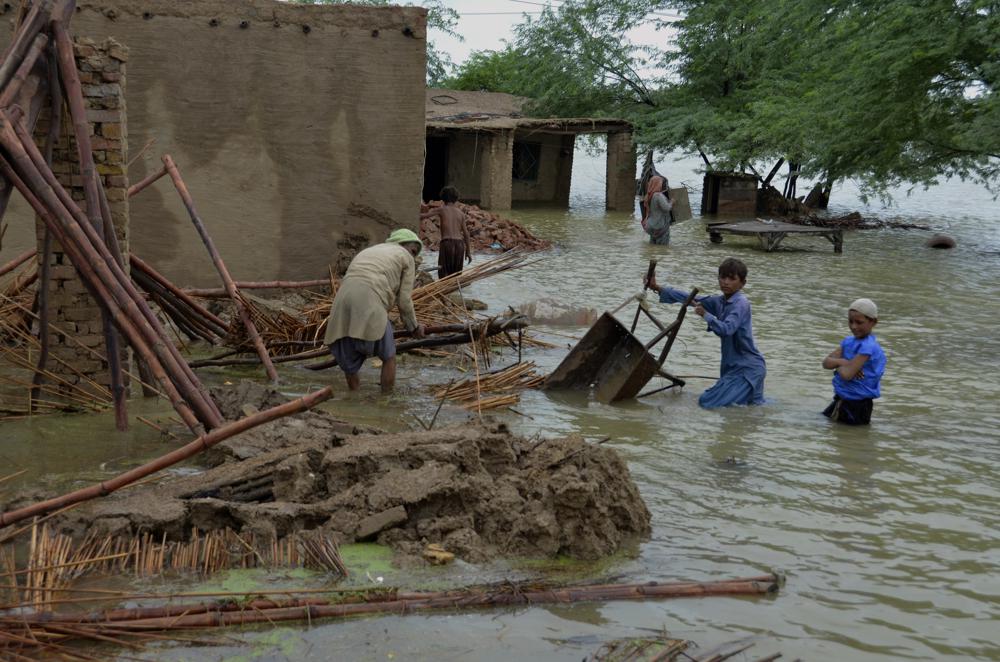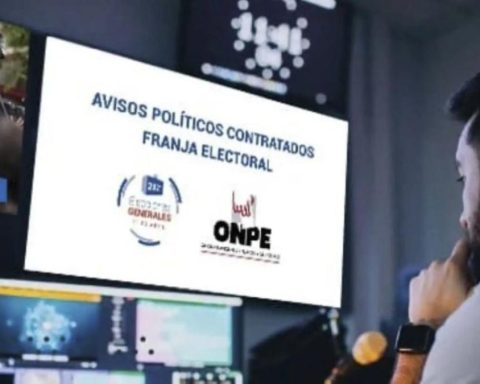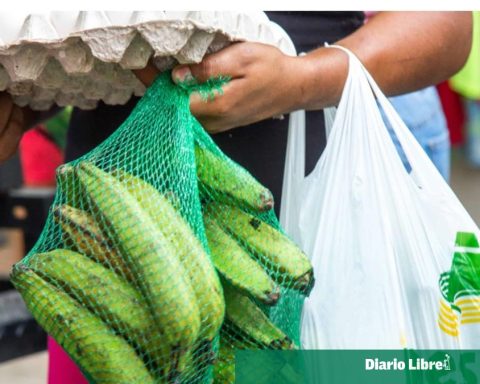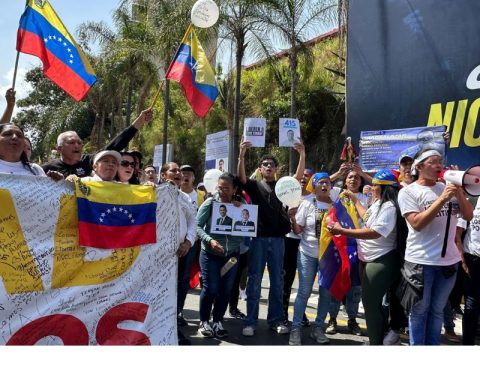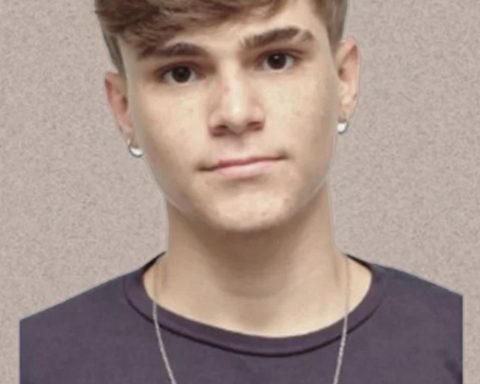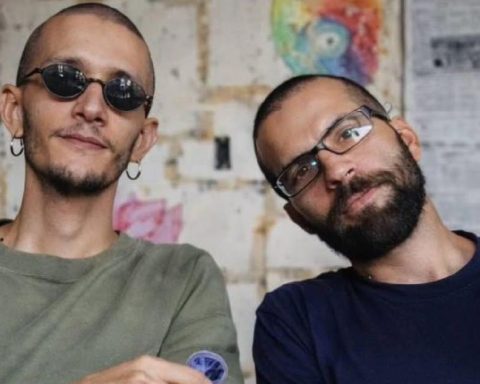“Quick, quick, let’s go!” the coach yells to a dozen burly young men who accelerate on the track while others start punching the air, moving their bodies like a metronome.
This group of boxers is part of a generation that is experiencing the greatest change in Cuban boxing in six decades: the return to professionalism.
The team, under the watchful eye of Rolando Garbey, trains in what is considered the Mecca of this sport on the Island: the Holvein Quesada National Boxing School, on the outskirts of Havana.
Garbey himself is also an institution in the sport of gloves. He has to his credit an Olympic silver medal in Mexico 1968 and a bronze medal in Montreal 1976.
Boxing has been one of the sports disciplines that has given Cuba the most joy. In fact, this 2022 marks 50 years since, at the 1972 Munich Olympics, the country won its first gold medals in this sport since the triumph of the revolution, in 1959.
“I came here (to school) in 1964. I was born here, this is my home… and nothing has changed. Cuban boxing is the same,” says Rolando Garbey
Cuba then won three golds with bantamweight Orlando Martínez, middleweight Emilio Correa and heavyweight Teófilo Stevenson. Since then, the country has accumulated a total of 78 medals, 41 of them gold.
“I came here (to school) in 1964. I was born here, this is my home… and nothing has changed. Cuban boxing is the same,” says the historic former athlete, qualifying the meaning of the return to professionalism.
That “change” to which Garbey refers was marked in the history books last May, when Cuba officially returned to professionalism.
The Cuban revolution, led by Fidel Castro (1926-2016), banned professional sports as they considered it an “exploitation” of a capitalist nature.
Cuban boxing began to open its hand in 2014, when he first competed at the semi-professional level.
The national team –known as Domadores de Cuba– has won three of the five editions of the World Series (WSB) in which it has participated, the last one in 2018.
The function with which the Island was reinstated in the professional circuit was held in the Mexican state of Aguascalientes and was made possible by an agreement with a promoter from the North American country.
The debut was a huge success. The six boxers who participated – two of them are part of the ten that he trained at the school – achieved resounding victories, five by knockout.
One of the rookies, Yoenlis Feliciano Hernández, 25 years old and in the 75-kilogram category, wipes the sweat from his forehead after several minutes of running.
The Cuban revolution, led by Fidel Castro (1926-2016), banned professional sports as they considered it a capitalist “exploitation”
“It was a good decision, we are experimenting with other boxing regulations. In the end, (amateurism) does not mean that it is another type of boxing, it just has different rules,” he says.
In amateur boxing, you fight in three rounds of three minutes each, unlike professional boxing, which usually lasts up to 12.
For Cuban chronicler Jorge Ebro, an expert in baseball and boxing, Cuba is “half-professionalism.”
“The structure remains the same, that is, the government. Boxers cannot choose their opponents or their managers and trainers. What happens is that they are already seeing the storm that is coming in amateur boxing,” he says. .
The storm to which Ebro refers began to flash at the Rio 2016 Games, when the International Boxing Association (IAB) sanctioned 36 referees and judges for irregularities in their decisions.
In June this year, the International Olympic Committee (IOC) decided that qualifying for Paris 2024 “will not take place under the authority” of the IAB, adding that boxing’s inclusion in Los Angeles 2028 is still up in the air. .
–For the Cuban chronicler Jorge Ebro, an expert in baseball and boxing, Cuba is a “half-professionalism”
According to the agreement with Golden Ring Promotions, the Cuban boxers will keep 80% of the purse money agreed upon in each of their fights.
This is a huge economic leap compared to the previous model, in which they had a base floor and bonuses that were achieved based on results in competitions.
“It helps us a lot financially, something we’ve been waiting for a long time. This guarantees my future and that of my family,” says boxer Osvel David Caballero García, 27, who fights in the 57-kilogram category.
Certainly the pay is better but, according to Ebro, it is “extremely less” than what would be achieved in the best fights in the world, which are usually based in the US.
“They will not earn more than 2,000 dollars (divided between the two boxers) if they continue in Mexico or Argentina. There will be no real money if it is not in places like New York or Las Vegas,” he warns.
For some boxers, as for other Cuban elite athletes, the possibility of a larger purse is a strong incentive to emigrate to other countries.
Boxing on the island lost one of its greatest exponents in July, the Olympic and world champion Andy Cruz, who was expelled from Cuban sports
Boxing on the Island lost one of its greatest exponents in July, the Olympic and world champion Andy Cruz, who was expelled from Cuban sports.
Cruz was caught a month earlier in a failed attempt to illegally leave the island.
In a statement, the Boxing Commission censured the athlete’s attitude and assured that the decision is justified by his “repeated indiscipline.”
Last week, Cuban Billy Rodriguez defected after winning his first professional fight in the Mexican city of La Paz.
Domadores de Cuba condemned Rodríguez’s “attitude” in a statement, in his opinion “unrelated to the commitment made.”
“They are boys who deceive themselves and the people out there and their friends dirty their brains,” censors boxer Fernando Alejandro Arzola López, 19 years old.
________________________
Collaborate with our work:
The team of 14ymedio is committed to doing serious journalism that reflects the reality of deep Cuba. Thank you for joining us on this long road. We invite you to continue supporting us, but this time becoming a member of our journal. Together we can continue transforming journalism in Cuba.
